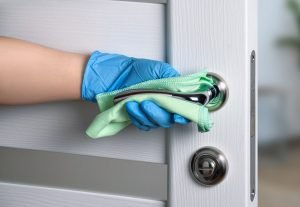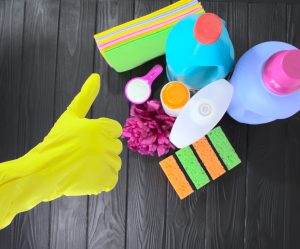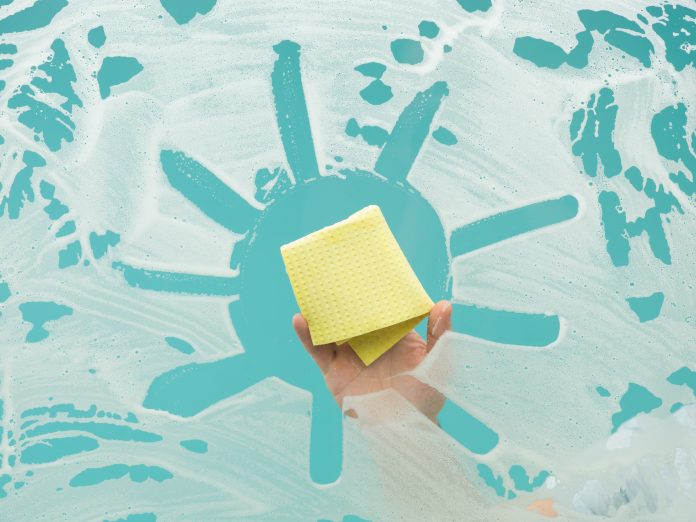As organisations and venues begin to reopen, and a slight sense of normality creeps in, business owners are wanting to ensure that their business is in tip-top COVID-safe shape.
Some of the questions being asked includes:
- How do we know which surfaces to clean and how often?
- Which disinfectant products and methods are effective and safe?
- How can we give our staff, guests and visitors the confident that our building is clean and safe to enter?
 Cleaning specialist, trainer and director of consultancy firm, High Performance Cleaning (HPC) Solutions, Bridget Gardner has developed a comprehensive Guide to Cleaning for COVID-19.
Cleaning specialist, trainer and director of consultancy firm, High Performance Cleaning (HPC) Solutions, Bridget Gardner has developed a comprehensive Guide to Cleaning for COVID-19.
“A plan to clean surfaces must for part of every building’s COVID Safe Plan,” says Ms Gardner.
“…however, there is a lot of conflicting information about how best to do it. There’s no point throwing money at increased hours and sanitisers if you have no idea whether they are successfully removing the risk of infection.”
Developing a preventative cleaning program
The four key strategies Ms Gardner outlines includes:
- Set protocols for cleaning high touch points
A high touch point (HTP) is a surface that is frequently touched by many hands, and at higher risk of contaminating hands.
“Spend time observing how people use the facility,” says Ms Gardner. “For example, people do not always use the push plate for a bathroom door and instead push above or below it. Also keep in mind that not every touched surface is called high touch surface. Identify the critical points which are those at most risk of spreading contamination.”
- Check disinfection methods are evidence-based and compliant
Disinfectants for touch points must be antiviral and, if possible ARTG registered as effective against COVID-19.
 “Disinfection is a process, not just a product. The process needs to be considered in its entirety: the surface, the method application, the tools used, and the time the disinfectant stays wet on a surface,” explains Ms Gardner.
“Disinfection is a process, not just a product. The process needs to be considered in its entirety: the surface, the method application, the tools used, and the time the disinfectant stays wet on a surface,” explains Ms Gardner.
- Ensure sufficient quantities of cleaning tools
Using reusable cleaning tools on multiple touch points carries a significant risk of cross-contamination. However, single-use wipes creates a significant amount of waste usually too expensive for a community setting.
“Non-healthcare facilities should implement colour-coded system for each area of the facility, calculate the quantity of cloths according to the number of high touch points, and where possible, carry, store and launder cloths on-site,” says Ms Gardner.
- Validate the cleanliness of high touch points
The two most relevant methods of validating the results of preventative cleaning are UV Fluorescence and Adenosine Triphosphate (ATP) testing.
“Both UV Fluorescence and ATP testing need to be conducted using auditing protocols by trained and personnel to ensure accurate and reliable results.
“The cleaning of high touch points is a critically important component to keep a facility and its occupants COVID safe, but it is equally imperative that both cleaning and testing are carried out correctly otherwise it could be creating a false of security,” concludes Ms Gardner.
Visit the HPC Solutions website for more info, at hpcsolutions.com.au.
Read more



